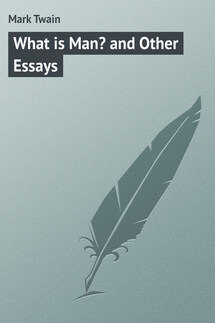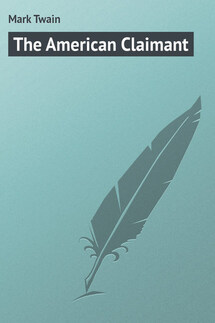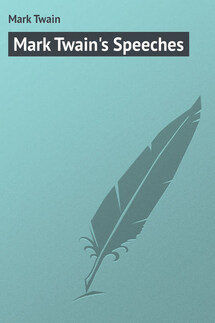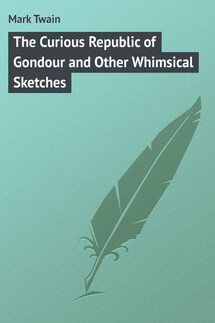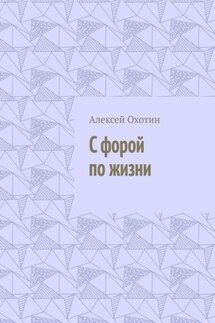In Defence of Harriet Shelley - страница 2
Shelley was nineteen. He was not a youth, but a man. He had never had any youth. He was an erratic and fantastic child during eighteen years, then he stepped into manhood, as one steps over a door-sill. He was curiously mature at nineteen in his ability to do independent thinking on the deep questions of life and to arrive at sharply definite decisions regarding them, and stick to them – stick to them and stand by them at cost of bread, friendships, esteem, respect, and approbation.
For the sake of his opinions he was willing to sacrifice all these valuable things, and did sacrifice them; and went on doing it, too, when he could at any moment have made himself rich and supplied himself with friends and esteem by compromising with his father, at the moderate expense of throwing overboard one or two indifferent details of his cargo of principles.
He and Harriet eloped to Scotland and got married. They took lodgings in Edinburgh of a sort answerable to their purse, which was about empty, and there their life was a happy, one and grew daily more so. They had only themselves for company, but they needed no additions to it. They were as cozy and contented as birds in a nest. Harriet sang evenings or read aloud; also she studied and tried to improve her mind, her husband instructing her in Latin. She was very beautiful, she was modest, quiet, genuine, and, according to her husband’s testimony, she had no fine lady airs or aspirations about her. In Matthew Arnold’s judgment, she was “a pleasing figure.”
The pair remained five weeks in Edinburgh, and then took lodgings in York, where Shelley’s college mate, Hogg, lived. Shelley presently ran down to London, and Hogg took this opportunity to make love to the young wife. She repulsed him, and reported the fact to her husband when he got back. It seems a pity that Shelley did not copy this creditable conduct of hers some time or other when under temptation, so that we might have seen the author of his biography hang the miracle in the skies and squirt rainbows at it.
At the end of the first year of marriage – the most trying year for any young couple, for then the mutual failings are coming one by one to light, and the necessary adjustments are being made in pain and tribulation – Shelley was able to recognize that his marriage venture had been a safe one. As we have seen, his love for his wife had begun in a rather shallow way and with not much force, but now it was become deep and strong, which entitles his wife to a broad credit mark, one may admit. He addresses a long and loving poem to her, in which both passion and worship appear:
Exhibit A
Shelley also wrote a sonnet to her in August of this same year in celebration of her birthday:
Exhibit B
Was the girl of seventeen glad and proud and happy? We may conjecture that she was.
That was the year 1812. Another year passed still happily, still successfully – a child was born in June, 1813, and in September, three months later, Shelley addresses a poem to this child, Ianthe, in which he points out just when the little creature is most particularly dear to him:
